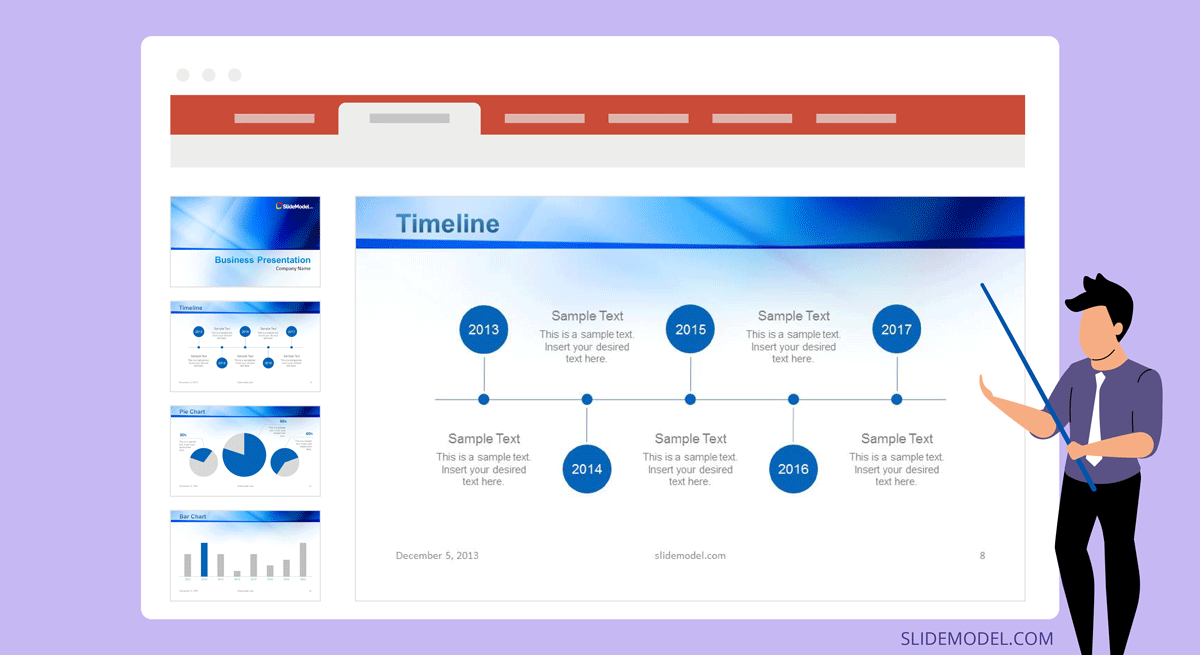Transform Your Company: Key Insights Into Monitoring Offshore Solutions
The fostering of overseas administration options presents an engaging avenue for companies looking for to improve functional effectiveness and decrease costs. By strategically contracting out certain features, organizations can use global skill pools while simultaneously attending to the challenges of conformity and quality control. Nonetheless, the course to successful application is laden with complexities that require mindful navigation. Comprehending just how to line up offshore approaches with more comprehensive business purposes-- and what arising fads could affect this landscape-- can inevitably establish the effectiveness of such initiatives. What crucial understandings can drive this transformation ahead?

Comprehending Offshore Management Solutions
Offshore monitoring options incorporate a critical strategy to taking care of company procedures and sources in global locations, commonly driven by the quest of cost performance and accessibility to customized know-how. This technique includes the delegation of particular service functions to third-party companies or subsidiaries found in international markets, enabling organizations to take advantage of differing labor expenses, regulatory environments, and technical improvements.
The implementation of offshore monitoring options needs mindful planning and implementation. Companies have to conduct detailed analyses of prospective locations, reviewing elements such as political security, economic conditions, and the accessibility of experienced labor. Additionally, developing efficient interaction channels and administration oversight is important to making certain that offshore procedures straighten with the organization's overall goals.
Additionally, companies should recognize the regulative and conformity obstacles related to offshore operations. management offshore. Browsing different legal structures can be complex, necessitating a thorough understanding of both global and neighborhood regulations. By strategically utilizing offshore monitoring options, organizations can enhance their operational effectiveness while mitigating threats connected with cross-border operations, inevitably improving their affordable setting in the global market
Advantages of Offshore Techniques
Leveraging offshore techniques can yield substantial advantages for companies aiming to improve their operational efficiency and competition. Among the key benefits is price reduction. By outsourcing particular functions to nations with reduced labor costs, companies can significantly lower operational expenses while keeping or perhaps enhancing top quality.
Additionally, offshore approaches permit organizations access to a diverse ability pool with specialized skills that might be scarce or costly in their home nation. This access can accelerate innovation and enhance service distribution, as offshore groups commonly bring unique viewpoints and know-how.
Versatility is another crucial advantage. Offshore designs allow services to scale procedures swiftly in response to market needs without the extensive processes connected with hiring and educating new team locally. This versatility aids organizations remain nimble in a fast-paced organization setting.
In addition, leveraging offshore techniques can assist in 24/7 operations, many thanks to time zone differences (management offshore). This advantage enhances customer support and increases general productivity, as jobs can be finished around the clock
Key Challenges to Take Into Consideration
While the benefits of overseas approaches are compelling, a number of crucial challenges necessitate careful factor to consider. One considerable hurdle is the capacity for communication barriers. Distinctions in language, time zones, and social nuances can restrain reliable cooperation and cause misunderstandings, eventually influencing project results.
Furthermore, navigating the governing and legal landscape in international jurisdictions can position dangers. Firms have to guarantee compliance with neighborhood regulations, labor policies, and tax obligation obligations, which can differ considerably from their home country. Failing to comply with these guidelines can cause serious fines and reputational damages.
Quality assurance is an additional issue, as business may find it testing to maintain the exact same standards in overseas procedures. Variability in procedures and oversight can bring about irregular product or service quality, potentially harming customer complete satisfaction and brand name loyalty.

Ultimately, there is the issue of data security. Protecting sensitive details across boundaries calls for robust cybersecurity procedures and an understanding of worldwide data personal privacy legislations. Without appropriate safeguards, companies risk exposure to information breaches and linked responsibilities.
Attending to these difficulties is crucial for businesses seeking to take advantage of offshore administration services efficiently.
Ideal Practices for Execution
Efficiently executing overseas monitoring options calls for a tactical technique that resolves the difficulties recognized formerly. First, organizations should conduct a complete needs analysis to determine details purposes and the scope of the offshore effort. This Web Site assessment needs to consist of stakeholder engagement to ensure placement with business goals.

Moreover, selecting the ideal overseas partner is vital. Organizations must examine possible partners based on their proficiency, social compatibility, and functional capabilities. A well-defined agreement that describes responsibilities, assumptions, and efficiency metrics will certainly additionally guard the this partnership.
Training and onboarding are additionally important parts of effective application. Giving adequate training for both onshore and offshore teams promotes a unified technique and enhances efficiency. Companies must continuously check efficiency and adapt methods as needed to boost results.
Future Trends in Offshore Management
The future of overseas monitoring is positioned for considerable change, driven by improvements in innovation and evolving service needs. One major trend is the boosting dependence on expert system and maker learning to optimize operational effectiveness. These modern technologies enable companies to evaluate large amounts of information, automate regular tasks, and improve decision-making procedures, inevitably bring about improved performance.
Additionally, there is a growing focus on remote job capabilities, which reflects a wider approval of distributed groups. Business are currently leveraging cloud-based solutions to promote smooth collaboration throughout different time areas and geographical boundaries, permitting greater versatility and accessibility to worldwide skill swimming pools.

Conclusion
To conclude, changing service procedures with offshore monitoring solutions provides substantial chances for improved effectiveness and cost reduction. Cautious consideration of possible challenges, such as compliance dangers and quality control, is crucial. By sticking to best techniques and staying vigilant in efficiency surveillance, organizations can efficiently apply overseas strategies that line up with overarching company goals. Welcoming future patterns, including AI assimilation and sustainability, will certainly additionally bolster the success and resilience of overseas administration initiatives.
The adoption of overseas management options presents an engaging method for organizations seeking to boost functional effectiveness and lower read expenses. Additionally, developing effective communication networks and monitoring oversight is vital to guaranteeing that offshore operations line up with the organization's general goals.
By tactically using offshore monitoring solutions, companies can optimize their operational efficiencies while mitigating threats connected with cross-border operations, ultimately enhancing their competitive setting in the global marketplace.
The future of overseas management is poised for significant improvement, driven by advancements in modern technology and developing organization requirements.In verdict, transforming company operations via overseas administration remedies presents substantial opportunities for improved efficiency and price decrease.